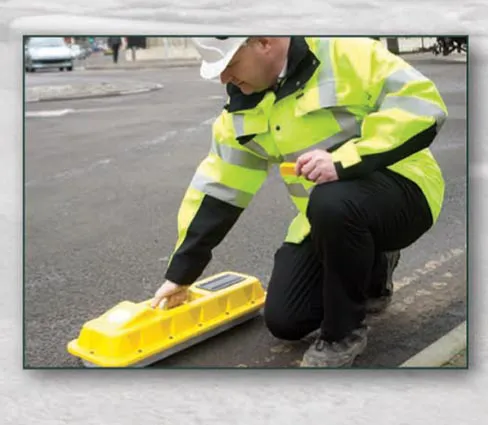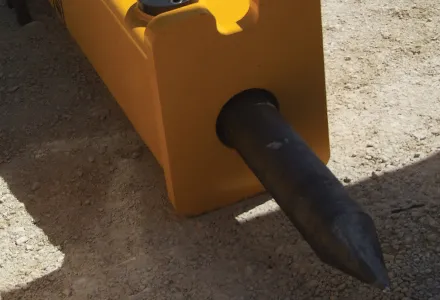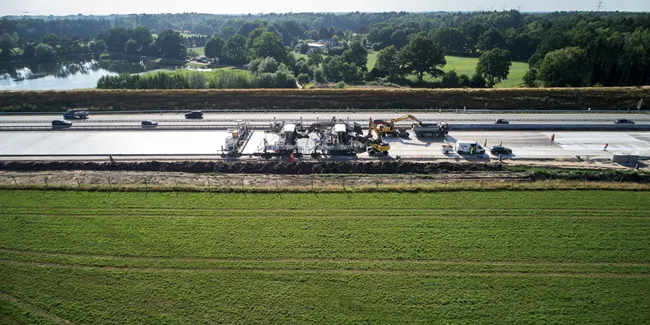PipeHawk has used its sophisticated ground probing radar (GPR) technology to develop the e-Spott system for the highways sector. The e-Spott package has been designed and developed in collaboration with another GPR specialist, Utsi Electronics. This new system is said to provide a fast and reliable method of testing the total thickness of bound layers to the sub-base interface or the thickness of surface concrete. This system has advantages over traditional coring methods as there is no need to cause disrup
March 1, 2012
Read time: 1 min

RSS5770 Pipe Hawk has used its sophisticated ground probing radar (GPR) technology to develop the e-Spott system for the highways sector. The e-Spott package has been designed and developed in collaboration with another GPR specialist, Utsi Electronics. This new system is said to provide a fast and reliable method of testing the total thickness of bound layers to the sub-base interface or the thickness of surface concrete. This system has advantages over traditional coring methods as there is no need to cause disruption to road traffic or damage to newly laid surfaces.
Small and lightweight, the e-Spott unit can be used in limited access areas around parked vehicles and other obstacles and can be carried and handled by a single operator. Obtaining each measurement takes less than 30 seconds/spot using a one-touch system.
Small and lightweight, the e-Spott unit can be used in limited access areas around parked vehicles and other obstacles and can be carried and handled by a single operator. Obtaining each measurement takes less than 30 seconds/spot using a one-touch system.









